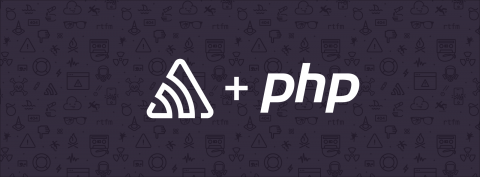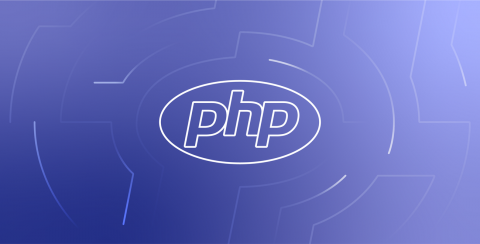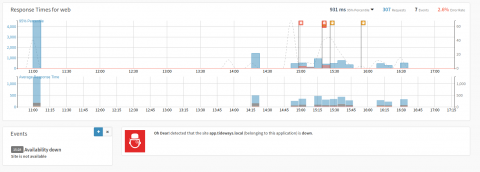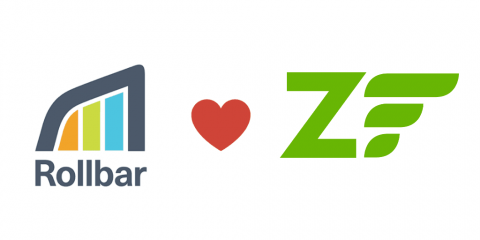Introducing: Sentry's Unified PHP SDK
If you’ve done web development in the past decade, you’ve probably heard about the Personal Home Page (PHP) programming language. Some love it — some don’t. The fact is that PHP is one of the most used programming languages for web development. While you probably don’t script together your Personal Home Page these days, many PHP frameworks, like Laravel and Symfony, are still gaining popularity and others are well established.










